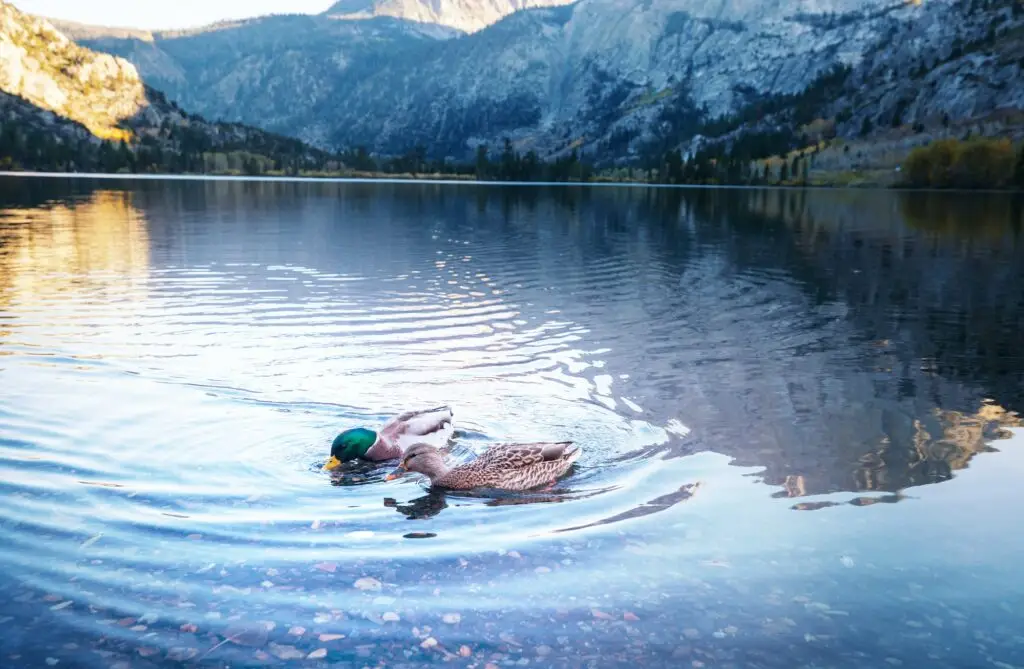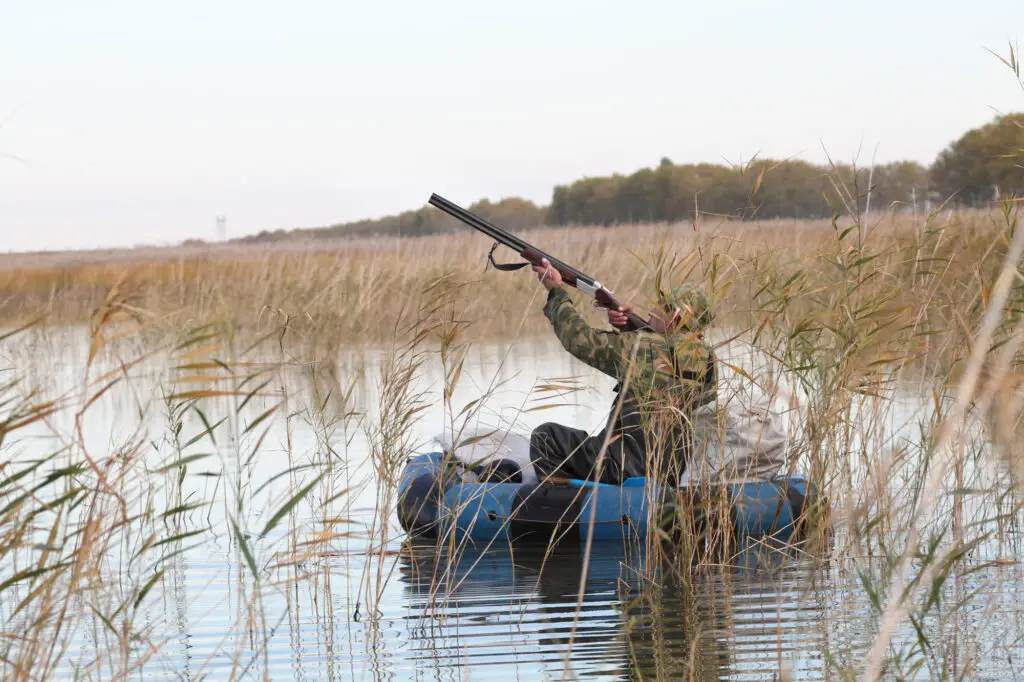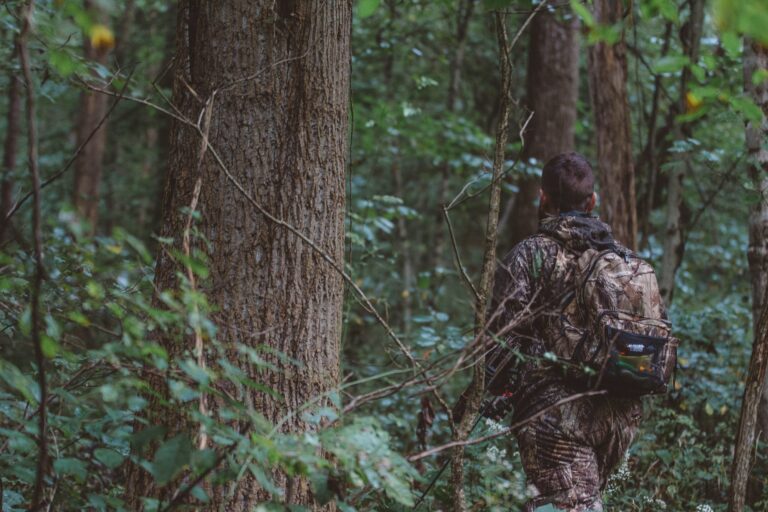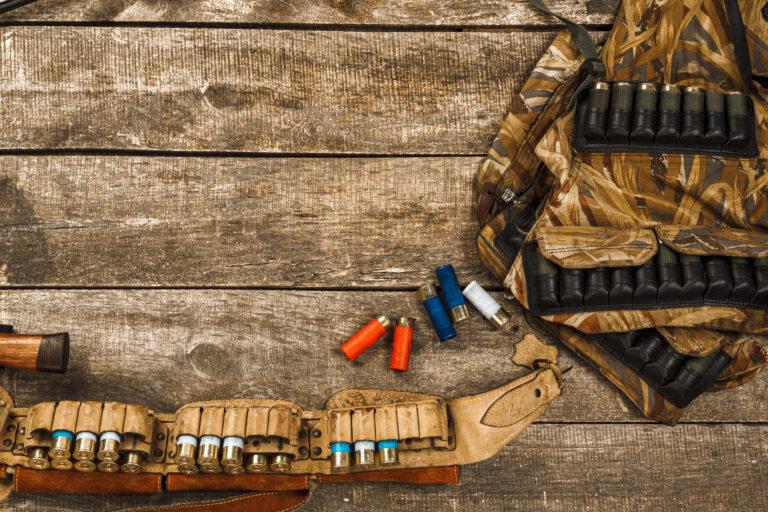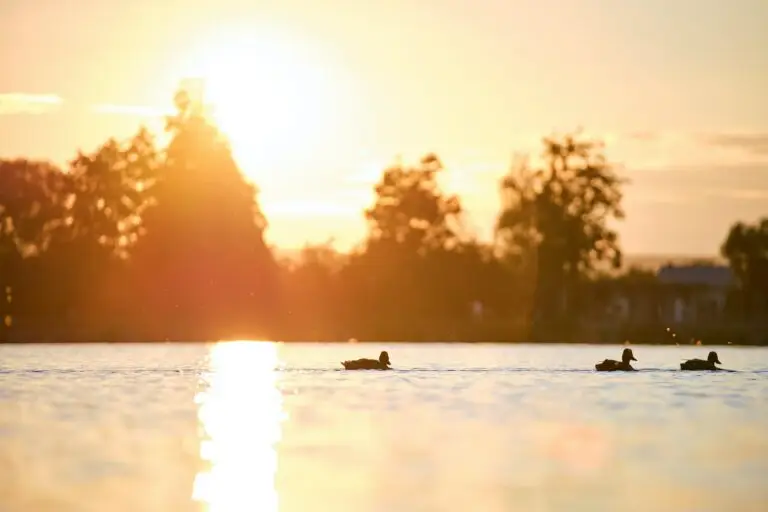If you’re an experienced hunter, you’re probably already well aware that your biggest opponent (and sometimes friend) while hunting is the climate you are hunting in. Regardless of which wilderness you’re headed into, ensuring that you’re prepared for the elements, vegetation, temperature and the animals surrounding you is crucial to a successful trip.
Cold water hunting is one of the most underrated areas one can hunt in terms of danger. Lakes, rivers, and oceans are like sirens – gorgeous, and tempting, but incredibly dangerous and ready to swallow you whole without hesitation. Reality is that any form of waterfowl hunting, or fishing, comes with unique risks and challenges that are important to consider before you head out.
In this article, we’ll not only cover the elite hunter, but the elite fisher as well to answer the question: what precautions should hunters take near cold Water?
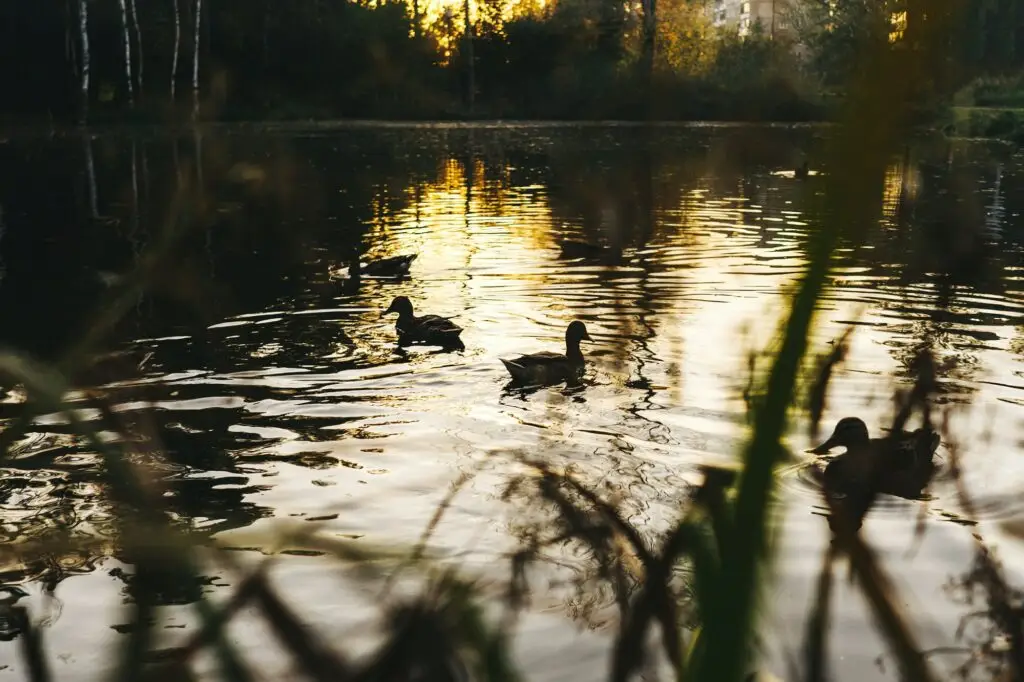
#1 – Dress Appropriately
No duh. Despite being an obvious necessity, I frequently observe hunters who are not properly dressed for the possibility of falling into the frigid water. Choose clothing made of synthetic materials that wick moisture away from the body and insulate even when wet, keeping you as warm as possible in case of emergency. Avoid cotton at all costs.
#2 – Wear a Personal Flotation Device (PFD):
Whether you’re entering a duck boat or not, having a lifejacket can save your life. Trust me, I have buds who almost lost their lives trying to get a good shot. If all else fails and you end up in the water, a PFD will ensure that you at least stay afloat and help prevent hypothermia.
Hunting with a massive lifejacket is very inconvenient, so I personally like to use self-inflating vests such as these ones (we’re not sponsored, don’t worry).
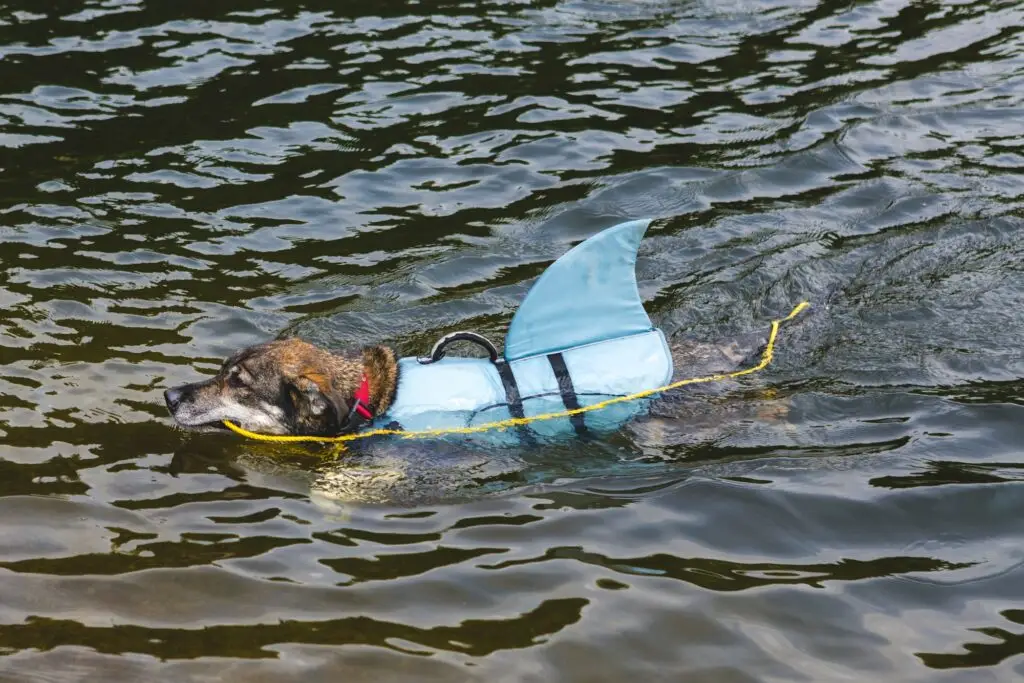
#3 – Bring Emergency Gear:
You can never be too safe, and I cannot recommend ensuring that you have extra waterproof emergency gear with you enough. Get a waterproof first aid kit, flares, a whistle, and (especially near lakes or seas) a personal locator beacon. Signaling for help from nearby hunters or campers is a less expensive option compared to getting a coast guard or helicopter pick-up, trust me!
#4 – Check the Weather Forecast:
I’m not saying to not go hunting if the weather is bad, because I always believe in embracing the elements (which was coincidentally the motto of my college football team, go huskies). However, pay attention to wind speed and direction, as well as air and water temperatures. Rain is fine, but if the wind is too strong and cold you’re in for a bad and potentially dangerous time.
#5 – Avoid Ice:
I just learned this lesson the very, very hard way. If there’s ice on the water, no matter how thick it appears, stay off of it. I promise you it is not worth the shock of falling right through. I also learned that when you break through, the ice turns into tiny little knives that will cut up your hands and neck and ruin your gear. Lots of aloe vera was required.
Turns out that even in thick ice, there can be small thin spots or cracks that we can’t see – and the shock of 33-degree water temperatures is quite unpleasant.
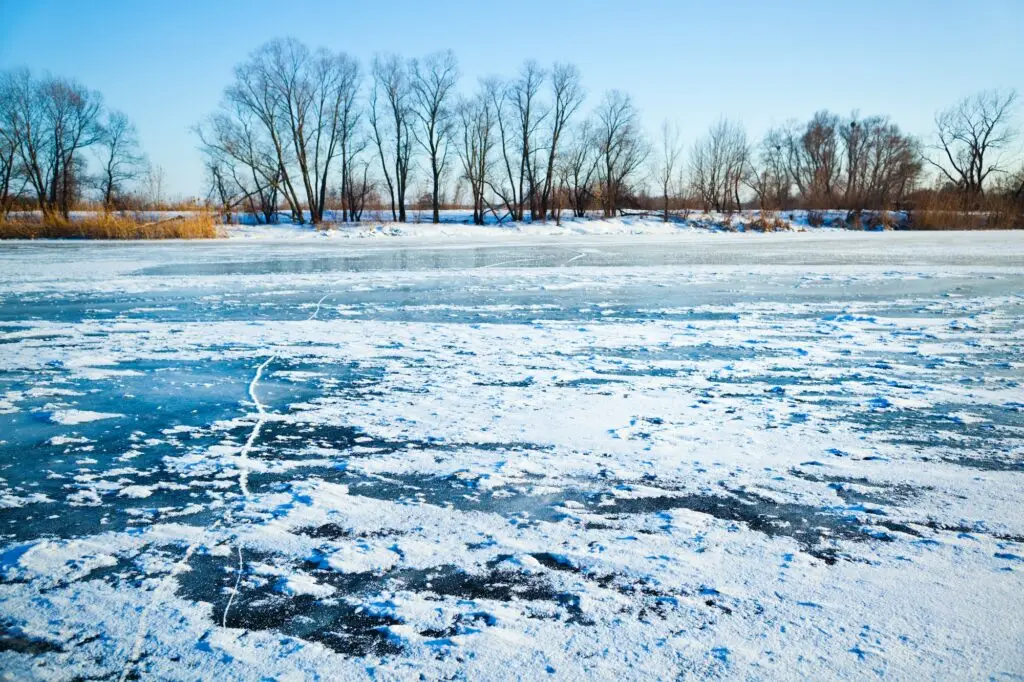
#6 – Stay Near the Shore:
This might be obvious since most waterfowl tend to also usually stick close to the shore, but if you’re fishing as well and decide to head far out, try to make sure you’re in swimming distance to the nearest land. If the water is cold and you’re in full gear, even a small distance is going to feel excruciatingly long.
#7 – Let Someone Know Your Plans:
This goes for all kinds of hunting as well. Before you head out into the wild, let someone know your plans. What you’ll be hunting, what you will be wearing, where you will be hunting, and when you expect to return. If you’re not back as planned, they can contact authorities and have the right identifiers to find you.
If you’re doing some more risky waterfowl hunting, especially with a duck boat, I like to go hunting with a “camp civilian” as my uncle likes to call them. Essentially, someone who’s not there to hunt but is happy to just go hike around and stay close to camp. That way, they can easily check in on you if needed!
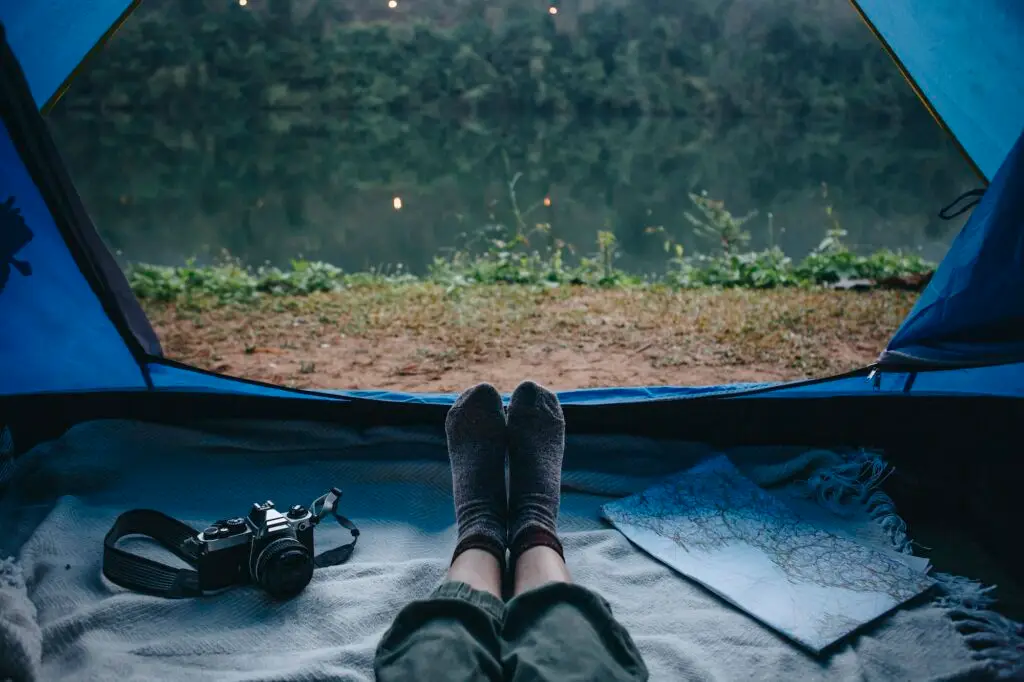
#8 – Stay Hydrated!
I’m only putting this one here because it is so easy to forget that you are thirsty or hungry in cold weather. I always forget to drink water in colder climates, but it is just as important. Dehydration and hypoglycemia can impair your judgment, increase your risk of hypothermia, and also mess up good shots. Stay safe: drink water and bring a snack!
#9 – Keep Your Cell Phone in a Waterproof Case:
I found a little waterproof zip-lock-looking thing from Walmart that saved my phone more than once. I recommend investing.
#10 – Know the Signs of Hypothermia:
If you are like me and manage to fall through the ice, ensure that you know the signs of hypothermia so that you can act quickly. Symptoms include shivering, fatigue, confusion, and loss of coordination. Get to shelter quickly, drink something warm, get rid of wet layers and replace them with dry ones, and get body heat from someone else.
Also, remember that you can get hypothermia without falling into the water. Hypothermia occurs when your body loses heat faster than it can produce it, and if the wind is cold enough, it can happen without you even noticing. Just be in the know!
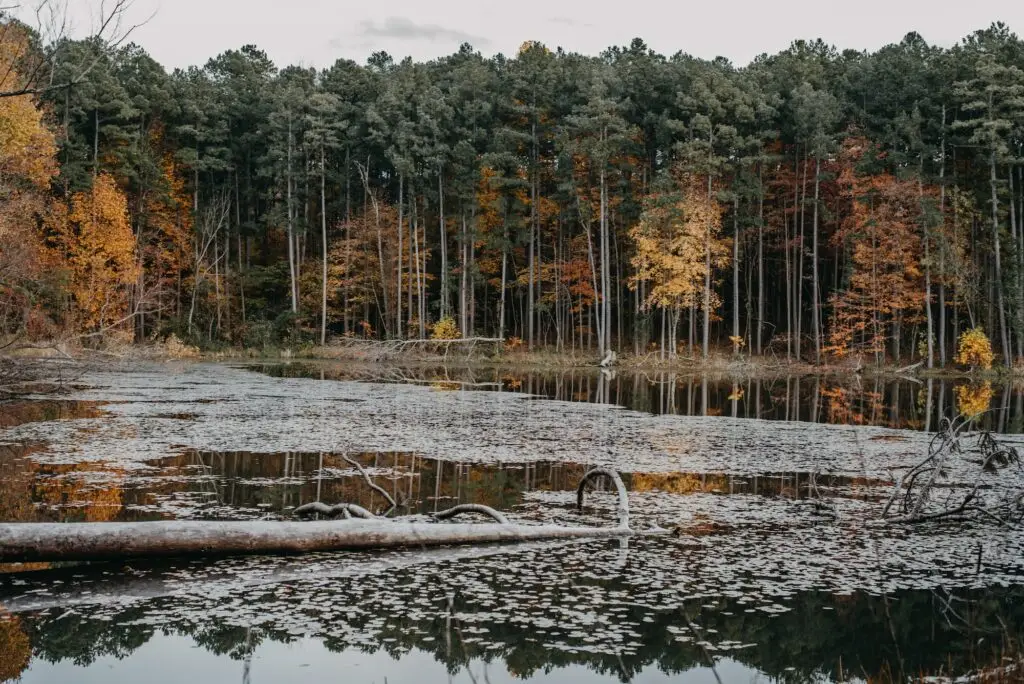
Safety First and Second, Fun Third! What Precautions Should Hunters Take Near Cold Water?
Regardless of experience, refreshing up on safety tips in any form of environment can never hurt. If you’re going waterfowl hunting or fishing, and you keep in mind the tips discussed in this article you’ll be more than prepared for your next adventure.
Cold water is a silent killer because we tend to be so sure of our own steps and judgment. I remember always thinking “Oh it’ll never happen to me, I actually know what I’m doing” – yet still managed to almost off myself by getting greedy on ice.
What saved me was all the safety precautions I’d put in place to ensure that no matter how cocky I get, I am always staying safe so that I can return to my loved ones. Hunting is exhilarating and life-improving, but by the nature of the harsh wilderness we surround ourselves in, can also be incredibly dangerous.
Know your area, pack the right things, avoid ice, drink water, and know the signs of hyperthermia, and you’ll be good to go. Happy hunting!
Looking for more elite hunting articles? Check out our library of content here!
